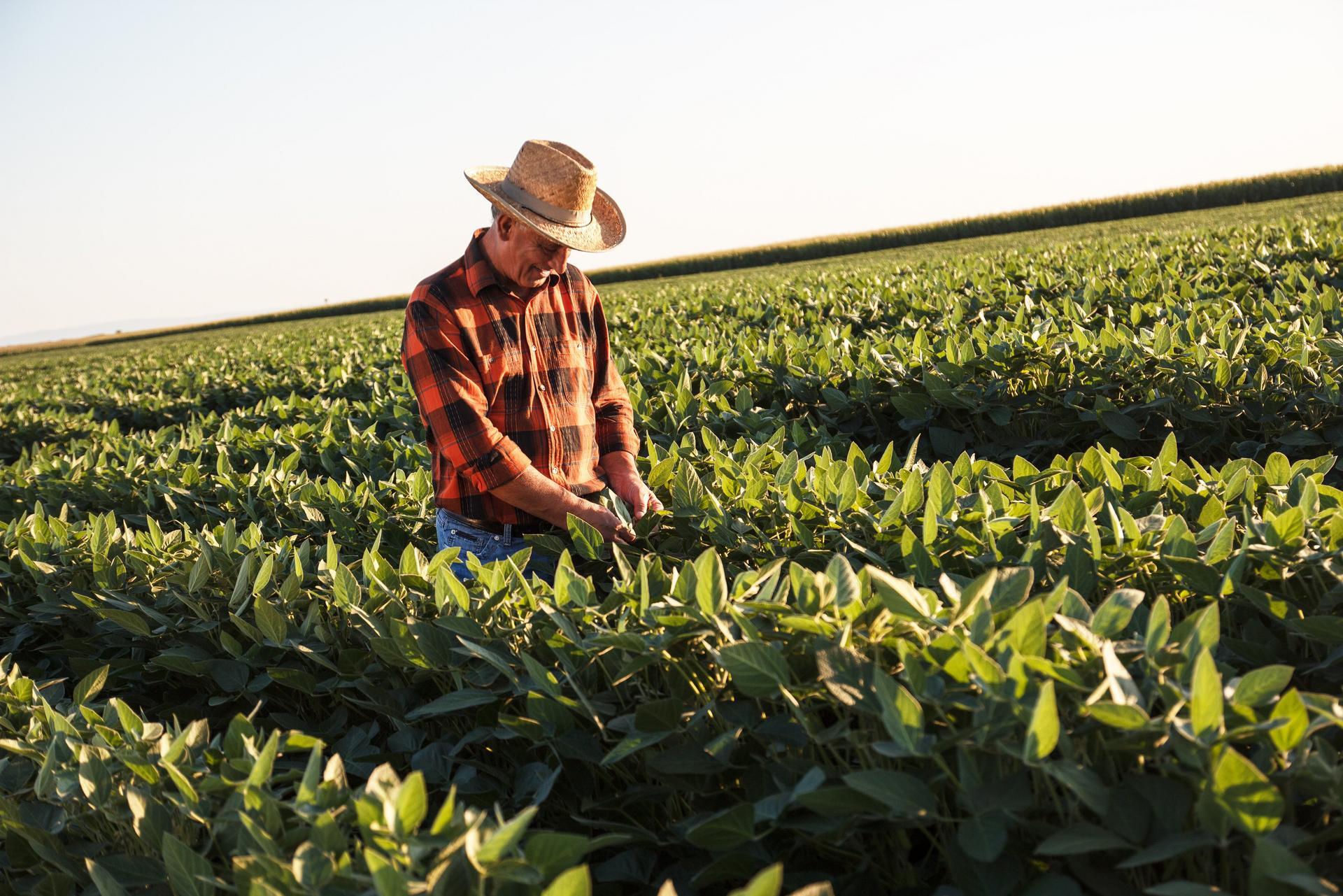Norway seeks to make its food system more self-sufficient through the Sustainable Feed Mission.
This initiative is part of a broader programme reducing reliance on imported feed ingredients. By integrating innovation, science-based assessment and cross-sector collaboration, they aim to set new global standards for sustainable aquafeed.
Norway’s aquaculture sector produces over 1.65 million tonnes of salmon annually, surpassing the entire EU’s aquaculture output. Decisions made in Norway regarding feed responsibility could have far-reaching implications for global carbon emissions, marine resource management and responsible supply chains.
One of the main challenges in sustainable feed production is defining clear and actionable criteria for what qualifies as a responsible feed ingredient.
BioMar has actively participated in shaping a structured framework for sustainability qualification, contributing
to Appendix 2, “Operationalizing Sustainability within a Qualification Framework”.
This framework integrates Life Cycle Assessment (LCA) to quantify the impact of different feed ingredients. Alignment with European and global sustainability benchmarks to ensure Norwegian standards are internationally recognised A framework that enables Norwegian-produced feed ingredients to scale responsibly, reducing dependence on high-impact imports.
To replace 500,000-800,000 metric tonnes of imported feed ingredients, Norway must develop new supply chains, expand the use of novel bioresources and build industrial processing and transport infrastructure.
These challenges underscore the need for cross-sector collaboration between industry, government and research institutions to ensure that feed sustainability does not compromise energy security, biodiversity, or economic viability






